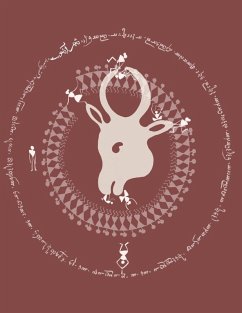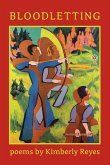"Sahrasub," the third volume in the trilogy Wonders of Memory, consists of one hundred pieces composed from Azar 1400 to Dey 1401 in the Iranian calendar (December 2021 to January 2023). We know that Sahrasub is a form of Persian poetry. As defined by lexicographers, it refers to praise and satire composed by poets about the people of a city. The term shahr-angīz, also meaning sahrasub, denotes a type of poem that includes praise or satire of the majority of a city's people. However, sahrasub or shahr-angīz is also used to describe poetry that details the craftspeople of a city and praises their professions and trades. (Dehkhoda Dictionary) Moreover, Sahrasub is described as a poetic form that addresses transformations, disorder, or the state of order/disorder in a city or country and its people. It is a type of verse that narrates political or economic turmoil or the conditions of different social classes in a satirical or humorous tone. (Mahjoub, Iranian Folk Literature, 1163) The inspiration for the volume Sahrasub is drawn from this tradition of sahrasub-poetry in Persian literary history, composed at the station of today's turbulent times and contemporary language. Amir Hakimi is a poet and a researcher of the history of New Persian poetry and the history of modernity in Iran. Hakimi has played a prominent role in the recovery of less-seen currents in the history of modern Persian poetry. By editing and contributing to the historiography of the works of several experimental poets, he has endeavored to convey and make their aesthetic experiences available to a generation of readers. Amir Hakimi is one of the writers who, despite being active in the fields of poetry, fiction, and literary and critical research for more than two decades, has refrained from publishing his writings through "officially licensed" means within Iran.
Bitte wählen Sie Ihr Anliegen aus.
Rechnungen
Retourenschein anfordern
Bestellstatus
Storno








